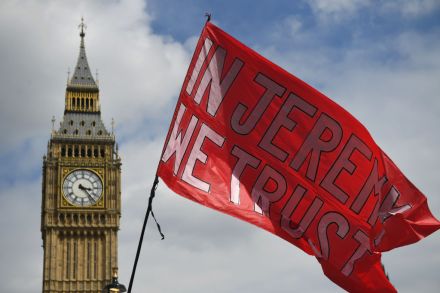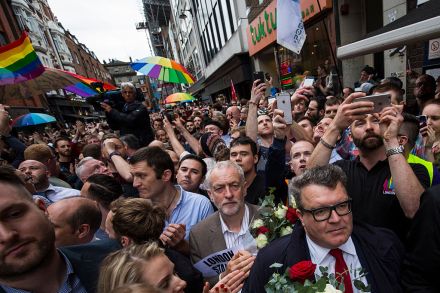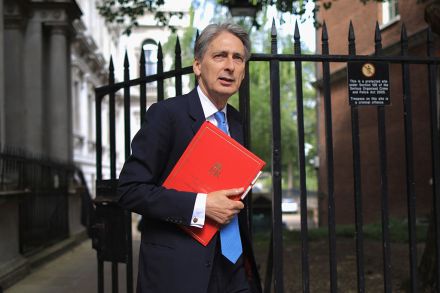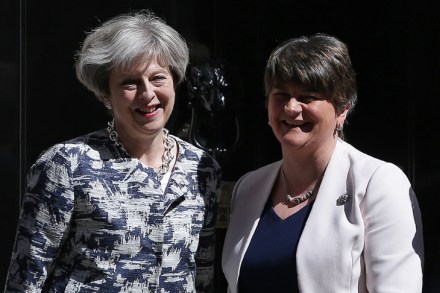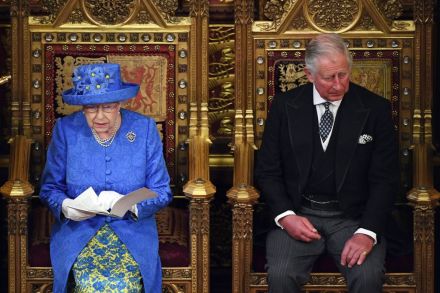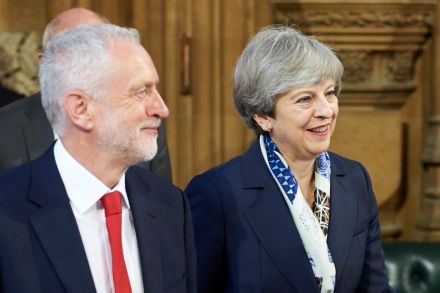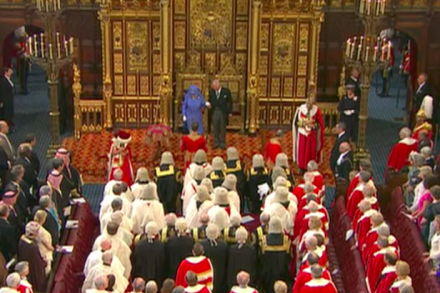Can anyone unite the Tory tribes?
One of the reasons that coalition governments are so unusual in Britain is that both main parties are coalitions themselves. The Tories have long been a party of both social conservatives and libertarians, Eurosceptics and Europhiles, buccaneering free traders and economic nationalists. Labour has always brought together Methodists and Marxists, middle-class liberals and working-class trade unionists, hawks and doves. These internal alliances mean the parties mostly avoid the need for an external one. But the Labour and Conservative coalitions are nearing breaking point. Labour’s problem is that its far left now dominates, making the party unbalanced. The two years since Jeremy Corbyn won the leadership have seen his wing gain



